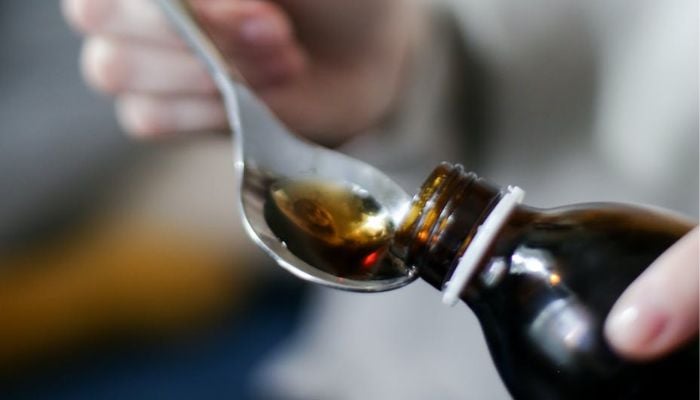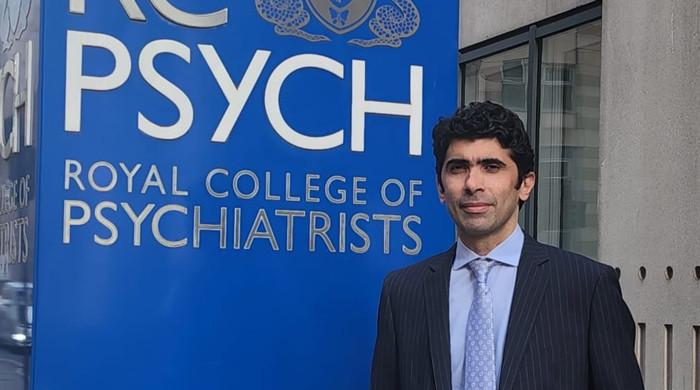WHO recommends not using Indian cough syrups linked to deaths
Analysis by Uzbekistan's health ministry showed syrups, Ambronol and DOK-1 Max, contained toxic substance, ethylene glycol
January 14, 2023

- Indian cough syrups blamed for deaths of children in Uzbekistan.
- Products made by India's Marion Biotech "substandard": WHO.
- India's health ministry suspended production at the company.
The World Health Organisation has said that two cough syrups made by India's Marion Biotech should not be used for children, after the products were linked to 19 deaths in Uzbekistan.
Analysis by Uzbekistan's health ministry showed the syrups, Ambronol and DOK-1 Max, contained a toxic substance, ethylene glycol. The syrups were administered in doses higher than the standard for children, either by their parents, who mistook it for an anti-cold remedy or on the advice of pharmacists, according to the analysis.
So far, Marion has not provided guarantees to WHO on the safety and quality of these products, the agency said. Shortly after the series of deaths were reported in Uzbekistan, India's health ministry suspended production at the company. According to a recent report, India's Uttar Pradesh state has suspended Marion's production license.
Marion did not immediately respond to a Reuters request for comment. Last week, the Uzbek state security service arrested four people in an investigation into the cough-syrup-related deaths of 19 children.
The Uzbekistan case follows deaths of at least 70 children in Gambia that a parliamentary committee had linked to cough and cold syrups manufactured by New Delhi-based Maiden Pharmaceuticals. The company denied any wrongdoing and Indian government inspectors found no contamination in test samples.











